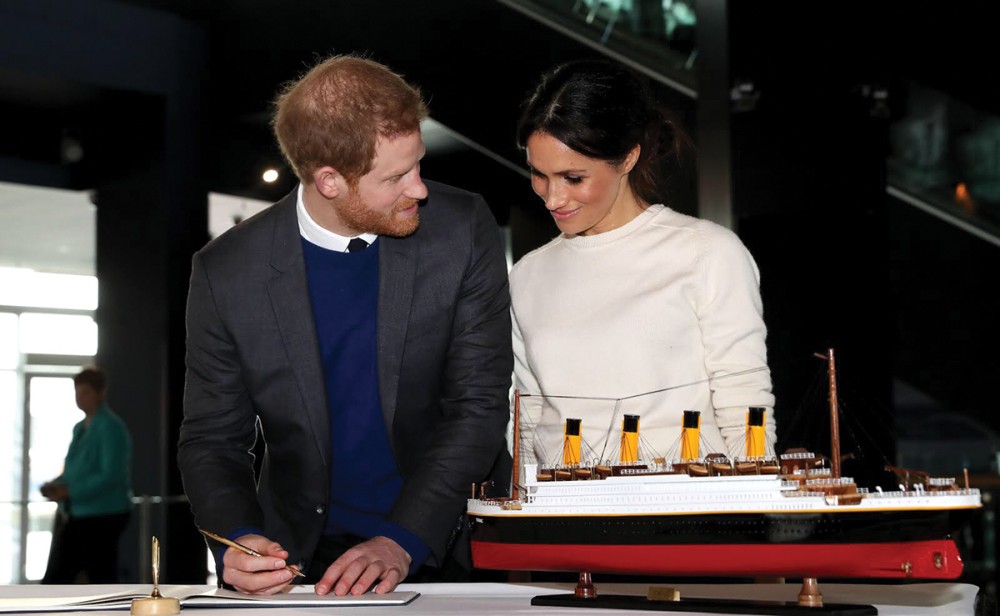What Meghan and Harry can and can’t escape
At the heart of life is the mess of being stuck with other people.

“I’ve been writing the same book my whole life,” says novelist Ann Patchett, “that you’re in one family, and all of a sudden, you’re in another family, and it’s not your choice, and you can’t get out.”
It’s a familiar thought. I live my life in the service and embrace of the church. I know something about how people get thrown together, how they find themselves challenged and their hearts opened as something gets patched together out of pieces that don’t necessarily fit. Those of us who choose church must negotiate the weird beauty of a community of people who end up together due to a whole range of needs and nudgings that make us want to draw closer to God. Wherever we may try to go, we don’t get to opt out of relationship with others.
I am a lifelong royal watcher. My growing-up years were framed by the Princess Diana saga, effectively curing me of any naive notion that being a princess meant living a fairy tale. Beyond the beauty and fashion, outside the happily ever after, what I have come to recognize in my love for the royals is that same familiarity I experience with Ann Patchett’s books. I understand what it is they offer us, because it is something that I also receive in my life in the church.




